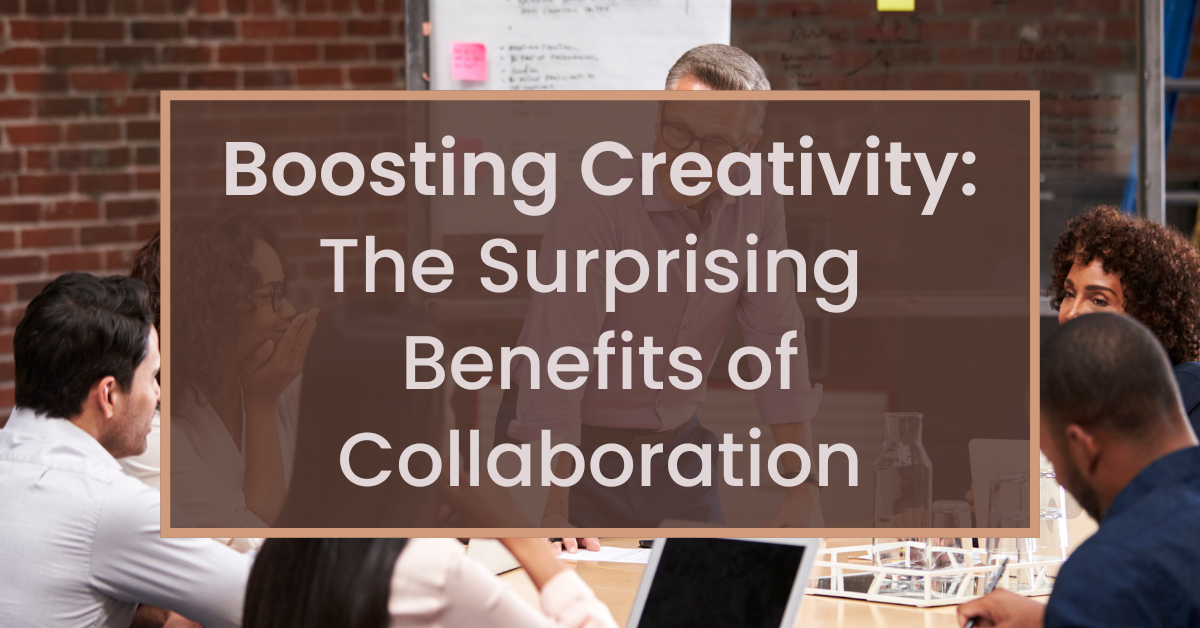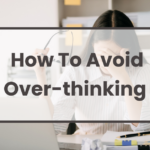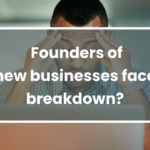Now more than ever, boosting creativity is vital to success in many areas of business and life in general.
Considering all of the fast-paced developments in today’s world, especially with the significant advances in Artificial Intelligence that are being endlessly discussed at the moment, our greatest human quality, creativity, is beginning to take centre-stage.
Organisations (and even individuals) who are lacking in creativity risk the very real prospect of being left behind in a world full of very able competition.
So what can you do to keep up? This question is especially pressing for those of us who may think we are not so strong in the creative department. How can we compete with those who take to it naturally?
This is something I have often wondered about in the past myself, because to be perfectly honest, creative ideas are not the first things that occur to me. I imagine many others might feel the same, perhaps you included!
Boosting Creativity is a Challenge
If you are looking to increase creativity for yourself or for your organisation, it can be easier said than done. This is because creativity doesn’t grow on trees. Unfortunately, it’s a rare thing to come across.
Here at Effective Intelligence, our unique tool, the Rhodes Thinking-Intentions Profile, has been used by more than 150,000 people occupying a huge range of industries and disciplines.
Thanks to the amount of data we have on peoples’ thinking styles, we can see very clearly that those who naturally prefer creative thinking are the most uncommon. Creative thinking is the rarest type of thinking in the human population.
Preference and ability are not always correlated of course, but in the vast majority of cases they are. So this means that creative ability is equally hard to find.
If you naturally don’t have enough creativity in your thinking, then one of the things you can do is try to learn to be more creative. This is quite a challenge to do though, especially if you are alone in your efforts. Of all the thinking styles, creativity is not only the rarest, but also the most difficult to learn.
This problem also extrapolates out to organisations and businesses. It is sadly common to see that an entire organisation lacks creative thinkers.
Another equally unfortunate situation can happen where creative types are present in an organisation, but their abilities are stifled by the overarching conventional thinking that dictates the course the organisation is taking. This is a shocking waste of talent.
Effective Collaboration is Essential for Boosting Creativity
You’ve probably already realised that collaboration must play a crucial role in the fostering of creativity inside an organisation.
What is key to understand though, is what effective collaboration really looks like when creativity is the goal in mind. There is a lot more to it than meets the eye.
Is it enough to merely have some naturally creative people in your organisation? More often than not, that is not enough by itself. This is because creative people often lack the other thinking skills required to turn their creative ideas into truly successful ones.
Creativity in and of itself is not enough, because in order to have actual impact, creative ideas need to be applied in the real world. In other words, innovation must happen.
Innovation is the process of taking brilliant creative ideas, doing the research required to ensure that they are sound, and then implementing them successfully in practical reality.
In order to achieve this full sequence of events, a wide range of thinking strategies and styles needs to be applied, extending far beyond creativity alone.
This is where collaboration comes in so handy. If you have a team with a broad variety of thinking preferences and skills, then when you fit it all together you have exactly what you need to achieve brilliant innovation. Diversity of thinking skills is essential.

Understanding Thinking – The Key to Effective Collaboration
Successful innovation of creative ideas requires the application of specific types of thinking at the appropriate times in the overall sequence. This is very difficult to achieve without understanding these thinking processes and how they work.
This is what makes Effective Intelligence so tremendously powerful, because it provides a language that allows you to recognise and harness the individual components of thinking, providing your organisation (or indeed yourself) with an immense advantage.
Effective Intelligence provides you with a game-changing tool, the Rhodes’ Thinking-Intentions Profile. By simply answering 24 questions, each of your team members can reveal their own individual and unique thinking profile.
Equipped with each individual’s profile, you can see where their true preferences lie when it comes to thinking. This changes the game, because you can then allocate each person to the specific point of the innovation process where they will be most capable and effective.
Some people really do have a strong preference for creative thinking. They can be an endless source of brilliant new ideas, and perhaps one of those ideas could transform everything for your organisation. As we discussed previously, these people are actually the rarest in the population.
Others may not take so easily to creative ideas, and that’s fine. Not everyone can be creative, nor should they be. The reason is that these people are probably perfect for the later stages of the innovation process.
Every new idea requires background research to ensure it’s sound. The specifics need to be handled, and it’s important that you have detail-oriented people who can do a good job with this. Most often, the creative types are not so into this part!
Ideas also need to be tested rigorously to ensure that they can withstand all real-world conditions. Usually, refinements are needed before the idea can be implemented without failing. This is yet another thinking skill-set in itself.
Understanding YOUR Thinking
Before you look at your team, the first thing to do is to get a good understanding of your own thinking preferences. We have a way for you to do that today!
We also know that some in our audience are not members of large teams, or even teams of any size. Some of you operate alone as solopreneurs, solo creatives, one man bands, etc. If that is the case, does this discussion about collaboration apply to you?
The answer is yes! Even if you are doing your thinking alone, collaboration is just as important. That’s because all of the thinking forces inside your head need to collaborate with each other effectively so that your one brain can produce amazing, innovative results.
So whether you are part of a team or not, it’s time to start gaining an understanding of your thinking profile so that you can get your very own unfair advantage.
The best part is that you can do this today, for free!
Click here to complete your 24 questions and get your Key Strategic Insight right now!








